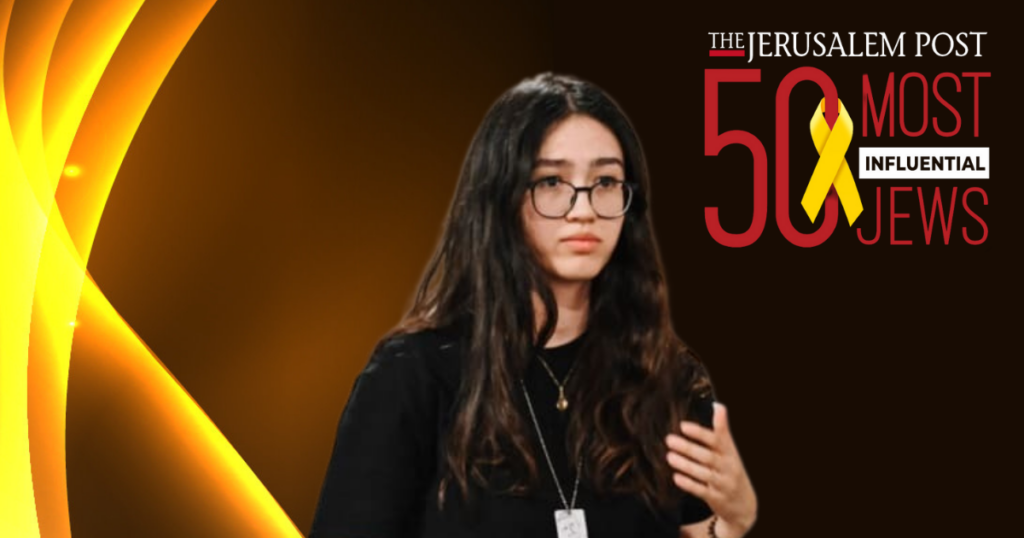
BGU Hosts World’s Largest Conference on Desertification
BGU Hosts World’s Largest Conference on Desertification
December 3, 2008
Sde Boker, ISRAEL, December 3, 2008 — More than 350 participants from over 40 countries are expected to participate in the largest international conference focused on the environment, which will be held at Ben-Gurion University of the Negev in Israel.
The conference will take place December 14-17, 2008 at the University’s Sde Boker campus and sites in the Negev under the auspices of BGU’s Jacob Blaustein Institutes for Desert Research (BIDR). Among the co-sponsors of the conference are the United Nations Educational, Scientific and Cultural Organization (UNESCO), Israel’s Ministry for Foreign Affairs, Jewish National Fund, the U.S. Embassy in Tel Aviv, and Netafim, the global leader in smart water solutions for agriculture.
Many nations, particularly developing countries, are affected by the destructiveness of desertification which leads to famine and rural community displacement. While desertification is an increasing problem worldwide, Israel is the only country where the desert is receding, due in part to research and technologies that have emanated from BGU’s Blaustein Institutes.
Among the U.S. participants are Prof. Rattan Lal from Ohio State University, and Keynote Speaker Prof. James Reynolds of the Nicholas School of the Environment at Duke University in North Carolina.
Dozens of representatives, experts, scientists, and practitioners are attending from Africa, India, Italy, Turkey, China, Spain, Germany, The Netherlands, and the United Kingdom. At the first conference held in 2006, representatives from the Palestinian Water Authority and Jordan attended.
“This event embodies BGU’s role as a worldwide leader in environmental research and development whose purpose is to share our knowledge and experience with every nation that is willing,” explains Prof. Rivka Carmi, president of BGU.
 “At the same time, it is an important event at which we can showcase our expertise and success in solving many of Israel’s own water and desertification issues that will aid in sustainable development in the Negev and throughout Israel,” she said.
“At the same time, it is an important event at which we can showcase our expertise and success in solving many of Israel’s own water and desertification issues that will aid in sustainable development in the Negev and throughout Israel,” she said.
Among the many research subject areas to be addressed at the “Drylands, Deserts and Desertification” conference include desert ecology, solar energy, conservation, sustainable desert agriculture, desalination, and the role of gender in desertification.
According to the chairman of the organizing committee, Dr. Alon Tal, who is a professor of environmental policy at BGU, “This conference will be nearly twice as large as the first held here in 2006. The notion of a professional conference whose participants were quite heterogeneous was considered anomalous at the first gathering, but proved to be a particularly interesting forum during which scientists mix with farmers and bureaucrats to share their experiences.
“The event will not only be the largest international conference ever held in Israel about an environmental topic, but probably the largest international academic forum ever on desertification.”
Each of the four days of the conference focuses on a specific theme:
- Day 1: Life and Soil Degradation in the Drylands, including causes and consequences of soil damages.
- Day 2: Vegetation’s Role in Sustainable Dryland Living, including chemical induction, land restoration, and soil and water management.
- Day 3: Field Trips to Negev Desert Sites
- Day 4: The Human Dimensions — Policies and Partnerships to Combat Desertification, including modern education and strategies.
The conference is made possible in part by the generous support of Americans for Ben-Gurion University and the Moses Feldman Family Foundation, PA, the Robert Sillins Family Foundation, NY and the Samueli Foundation, CA.
For more information on the conference agenda, click here.
ABOUT AMERICANS FOR BEN-GURION UNIVERSITY
By supporting a world-class academic institution that not only nurtures the Negev, but also shares its expertise locally and globally, Americans for Ben-Gurion University engages a community of Americans who are committed to improving the world. David Ben-Gurion envisioned that Israel’s future would be forged in the Negev. The cutting-edge research carried out at Ben-Gurion University drives that vision by sustaining a desert Silicon Valley, with the “Stanford of the Negev” at its center. The Americans for Ben-Gurion University movement supports a 21st century unifying vision for Israel by rallying around BGU’s remarkable work and role as an apolitical beacon of light in the Negev desert.
About Ben-Gurion University of the Negev
Ben-Gurion University of the Negev embraces the endless potential we have as individuals and as a commonality to adapt and to thrive in changing environments. Inspired by our location in the desert, we aim to discover, to create, and to develop solutions to dynamic challenges, to pose questions that have yet to be asked, and to push beyond the boundaries of the commonly accepted and possible.
We are proud to be a central force for inclusion, diversity and innovation in Israel, and we strive to extend the Negev’s potential and our entrepreneurial spirit throughout the world. For example, the multi-disciplinary School for Sustainability and Climate Change at BGU leverages over 50 years of expertise on living and thriving in the desert into scalable solutions for people everywhere.
BGU at a glance:
20,000 students | 800 senior faculty | 3 campuses | 6 faculties: humanities & social sciences, health sciences, engineering sciences, natural sciences, business & management, and desert research.
For all press inquiries, please contact:
James Fattal, J Cubed Communications
516.289.1496



